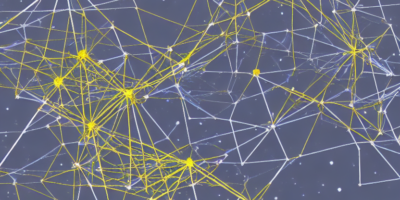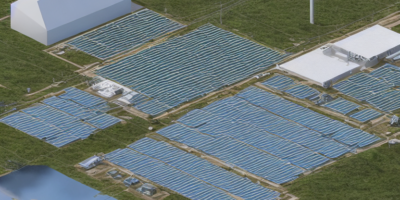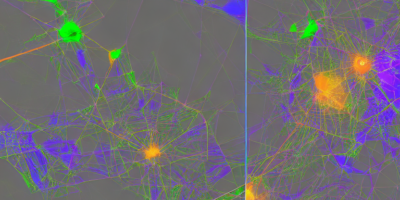Eco-driving is a crucial aspect of sustainable transportation, and reinforcement learning (RL) has been increasingly used to improve it. This article provides a comprehensive survey of RL techniques applied to eco-driving, focusing on their potential to optimize vehicle performance and reduce emissions.
Firstly, the authors explain the significance of eco-driving in reducing fuel consumption and greenhouse gas emissions. They emphasize that RL is an ideal solution for this challenge due to its ability to learn from data and adapt to different driving scenarios.
Next, they delve into the concept of reinforcement learning, highlighting its key components: agent, environment, actions, and rewards. The authors clarify that in RL, the agent learns to make decisions by interacting with the environment and receiving feedback in the form of rewards or penalties.
The article then explores various RL techniques used for eco-driving, including deep Q-networks (DQN) and deep deterministic policy gradient (DDPG). These methods enable the agent to learn complex patterns in the driving environment and optimize its behavior accordingly. The authors provide examples of successful applications of these techniques in simulated environments.
The survey also covers other RL-based eco-driving approaches, such as model predictive control and linear quadratic regulator (LQR). These methods are discussed in relation to their advantages and limitations compared to DQN and DDPG.
To better understand the practical applications of these techniques, the authors provide an overview of real-world scenarios where RL can be applied. They highlight the potential for eco-driving in electric vehicles (EVs) and hybrid electric vehicles (HEVs), as well as in autonomous driving systems.
Finally, the authors discuss some of the challenges associated with implementing RL in real-world eco-driving applications. These include issues related to data quality, model complexity, and computational costs. They also acknowledge the need for further research on RL algorithms tailored specifically to the demands of eco-driving.
In summary, this article provides a comprehensive overview of reinforcement learning techniques applied to eco-driving. The authors successfully demystify complex concepts by using engaging metaphors and analogies, while balancing simplicity and thoroughness throughout the summary.
Electrical Engineering and Systems Science, Systems and Control
Eco-Friendly Vehicle Range Extension using Reinforcement Learning: A Comprehensive Review



